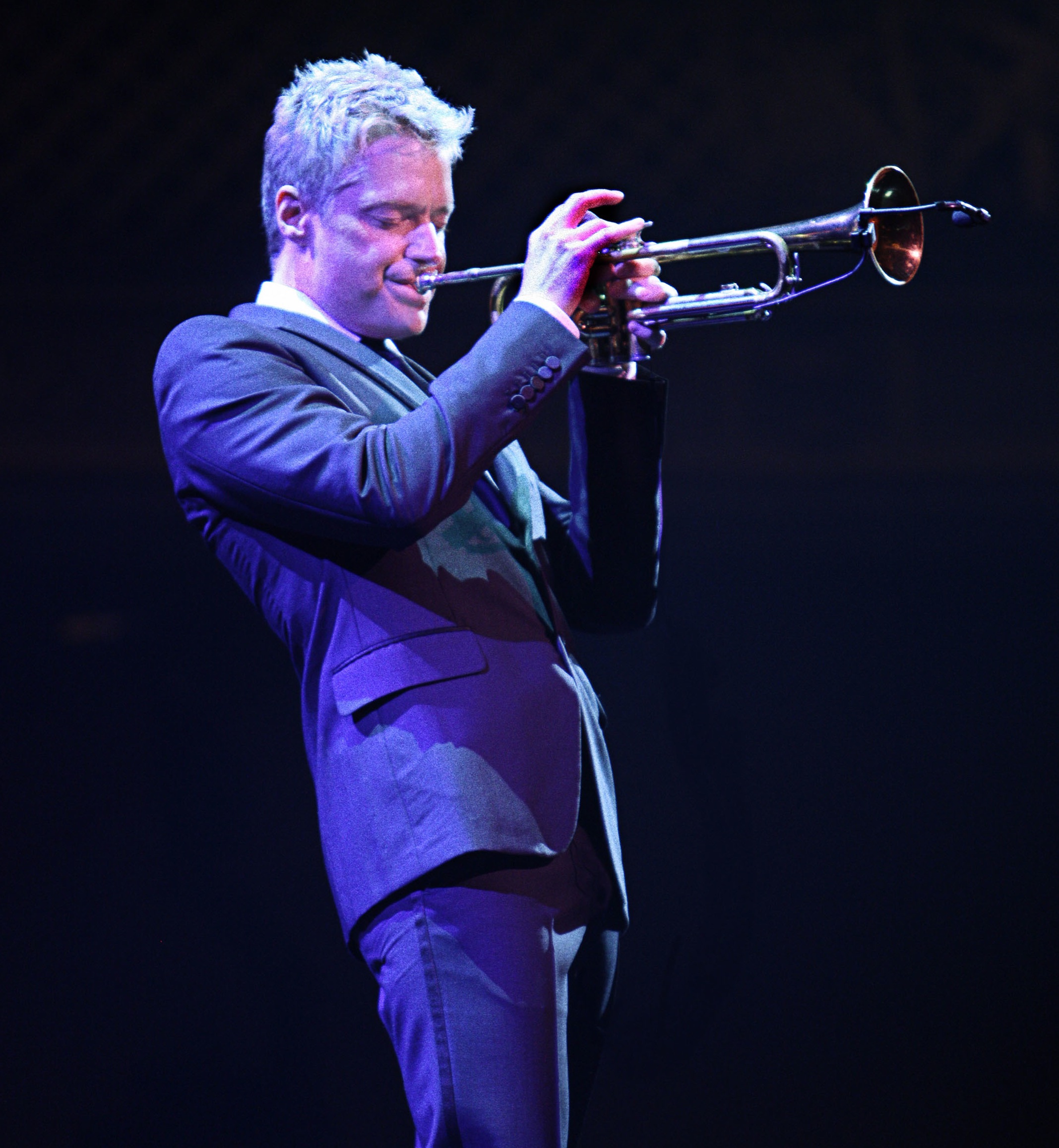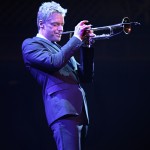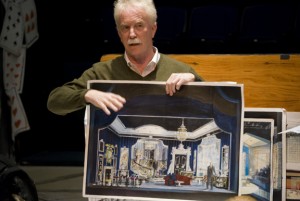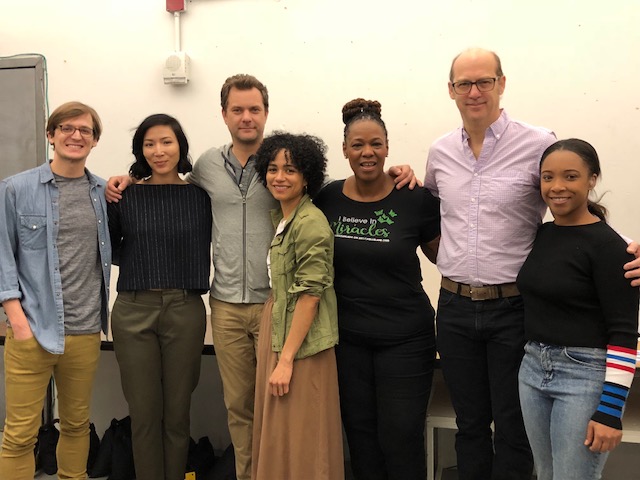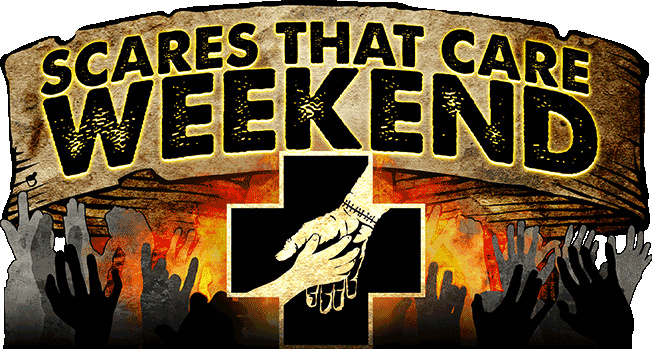By: Sandi Durell
When I spoke with Chris Botti on the phone, he wasn’t sure which event we were going to talk about, because he had just come back from China a day or two before. Chris Botti is acknowledged as one of the greatest trumpet players in the world and so travels constantly doing concerts worldwide. I can only imagine the confusion – it’s Tuesday, it must be China!
Well, it will soon be Friday October 4th, which means Chris Botti will be here in New York, joining the always remarkable Steven Reineke and the New York Pops at Carnegie Hall as the season opens. Have they worked together before? Yes, several times, but this is Chris’ first gig with the Pops.
Chris says it’s tricky because you have to have a conductor “to get the orchestra to follow the way we feel time . . . musicians who play jazz interpret and feel time differently than musicians who are classical. The main thing is to find a conductor who has the artistry, skills and experience and doesn’t get spooked when we go off, and not get rattled. . . . Steven is the rare kind of guy who bridges the two worlds and makes it seem effortless.”
Was it an easy task to build a career like Chris? No, not easy at all: “it happened when I was in my early 40s. I waited till my solo career could take flight . . . kind of opposite to what people picture in their mind in jazz and classical . . . “Wynton was 21 years old when he burst onto the scene . . . my maturation process took a bit longer.”
Chris says his sound on records is like a mood – “you can leave it on in the house but also dive in and there’s artistry with great arrangements.” But on the stage – “you want a real visceral, technical prowess . . . lots of different styles of music flowing out, not a duplication of an album . . . you need an audience to go WOW!” One of his favorites: “Everytime We Say Goodbye” and it’s always different.
Chris prefers to spend his money hiring the absolute most famous musicians to be in his band – a real financial commitment that keeps it all purring along, instead of filling a show with dancers and pyrotechnics (ala pop music). He believes this is what separates what he does from others.
He’s famous for his 1939 Martin trumpet which he’s had for about 13 years and it’s his baby (a love/hate relationship says he), the same brand that Miles and other great trumpet players have played in the course of time. “They’re famous and hard to find. . . not valuable . . . to me and the way I play, it’s limitless in value. . . I don’t have multiple trumpets, just play this one.”
The most powerful force in Chris’ early life was the knowledge that he wasn’t going to become Michael Jordan so he made a choice. “You can be the smart kid, theater kid but better do something or wind up sitting back on your heels and ride through schooling without anything that separates you and gives you pride.” So at age 12 he decided to be a trumpet player having started in 3rd grade. He practiced hours and hours a day and was relentless. “I didn’t want to fail as a young kid.”
Chris says “this generation of young kids are up against the computer because of the instant gratification. Playing a musical instrument is a solitary journey you have with the instrument and, if you’re lucky, with a private teacher. This is not about instant gratification – it’s a long term thing. Kids need to step into the process; being famous is like a needle in a haystack. But being good at something is something you can do; the success aspect is out of your control. . . the structure you learn from music can be invaluable.”
As for what to expect at the New York Pops on October 4th – a lot of music from Chris’ album “Impressions” and much much more. There’ll also be three special guests: concert violinist Caroline Campbell, singer Sy Smith and young opera singer George Komsky.
See you at the Pops!
212 247-7800


